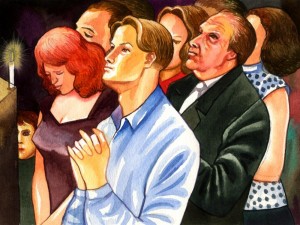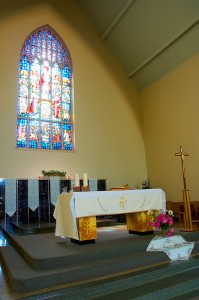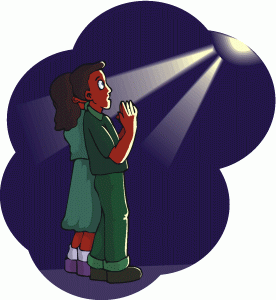Matthew 18:15, When your brother sins. Yeshua says that when your brother sins against you, you‘re to follow certain protocols to correct him in effort to restore him to spiritual relationship. Many people read this verse to mean that when your brother offends you or hurts your feelings, you’re to go to him. This is not what Yeshua is saying here. He says, if your brother sins against you. By biblical definition, sin is the violation of the law or Torah of Elohim (1 John 3:4). Therefore, if your brother lies to you, steals from you, or sexually violates your wife, you are to go to him, and possibly the church leaders — not if your brother offends you (hurts your feelings) in word or in deed. In this case, Yeshua instructs us elsewhere that we’re to turn the other cheek, pray for our enemies, bless and not curse, and do good to them.
Below is a further discussion on this topic. (Written by Sandi Lawrence)
Have you heard someone say that they are claiming their Matthew 18 rights because they have been offended by this or that person? It’s actually quite common and is often what is taught as how to handle offenses between brothers.
What are our Matthew 18 rights that we keep wanting to invoke? Let’s look at this section that keeps getting called out…
Matthew 18:15-17 (NASB) says…
“If your brother sins, go and show him his fault in private; if he listens to you, you have won your brother. But if he does not listen to you, take one or two more with you, so that BY THE MOUTH OF TWO OR THREE WITNESSES EVERY FACT MAY BE CONFIRMED. If he refuses to listen to them, tell it to the church; and if he refuses to listen even to the church, let him be to you as a Gentile and a tax collector.”
What does it address? Does this address if you are offended? Or does it address what to do if your brother is sinning; that is, he is going against Torah? Let’s not forget that the Bible defines sin as the violation of the Torah (1 John 3:4).
There is a common misappropriation of this instruction that every time we perceive that our brother (or sister) has offended us that we are to go and confront our brother about it. As an extreme (my opinion) but a real-life example, in our own congregation a couple Continue reading





